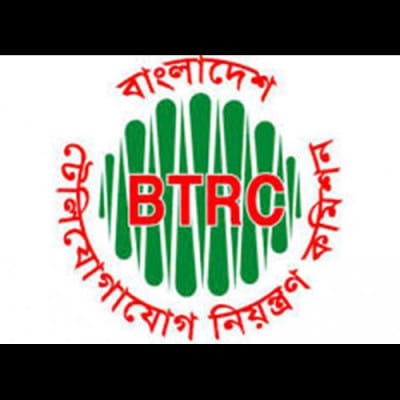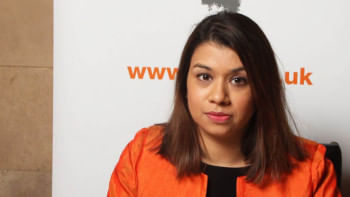BTRC plans to allow tech neutrality in spectrum use

The telecom regulator has initiated a move to review the 2G service guideline, in a bid to offer technology neutrality to the mobile phone operators in spectrum use in two bands, which will help them roll out 4G services soon.
Bangladesh Telecommunication Regulatory Commission, in a recent commission meeting, has taken the decision, following the government's plan to allow technology neutrality for the 900MHz and 1800MHz bands.
The meeting presided over by its Chairman Shahjahan Mahmood also formed a technical committee, headed by the spectrum division commissioner, to address the related issues.
"We will go for tech neutrality after the mobile number portability auction," said Mahmood.
"We are committed to offering better connectivity with faster data connections, and there is no option but to allow technology neutrality."
After getting technology neutrality in the 1800 and 900 bands, the operators can offer services through any technology (2G/3G/4G/LTE), using any of the frequencies they have, which will ensure better services for customers.
The mobile phone operators have long been placing this demand, which will help them get technological benefits in both voice and data services.
Spectrum allocation in the country is service specific as the 900MHz and 1800MHz band spectrum is assigned for only 2G services and the 2100MHz band spectrum is for 3G services.
The 2100MHz, however, is also allowed for 4G services, but it will require a separate service guideline, which is yet to be formulated.
BTRC officials said if technology neutrality is allowed, the operators can then start 4G services with 1800MHz, which will be cost-effective for them.
In this region, operators are allowed to take technological neutrality, and all of them are using the 1800MHz band for 4G services. Some countries are also allowed both the 1800 MHz and 900 MHz bands for 4G services, said another senior official of the regulator.
"Actually, only Bangladesh is yet to offer 4G services in South Asia," said the official.
The top two mobile phone operators – Grameenphone and Robi – have already requested the regulator for a 4G services guideline. However, allowing technology neutrality can affect the prospects of the 700MHz band, currently specified for 4G services, in the short run as operators might not be willing to buy that spectrum.
BTRC officials said the 2G spectrum price will also be adjusted under the review, as technology neutrality would make the 1800MHz band more lucrative.
Currently, the 10.60MHz spectrum is available in two blocks for auction in the 1800MHz band or 2G services.
The base price was set at $30 million for 1800MHz in 2015 when BTRC was trying to hold an auction for the remaining spectrum of 2G and 3G (2100MHz).
BTRC, however, could not hold the auction after changing the date three times as the mobile phone operators said they will not participate if the government did not settle a Tk 3,000 crore tax dispute with the operators.
Later, the base price of 2G spectrum was readjusted to $25 million and approved by the finance ministry.

 For all latest news, follow The Daily Star's Google News channel.
For all latest news, follow The Daily Star's Google News channel. 



Comments